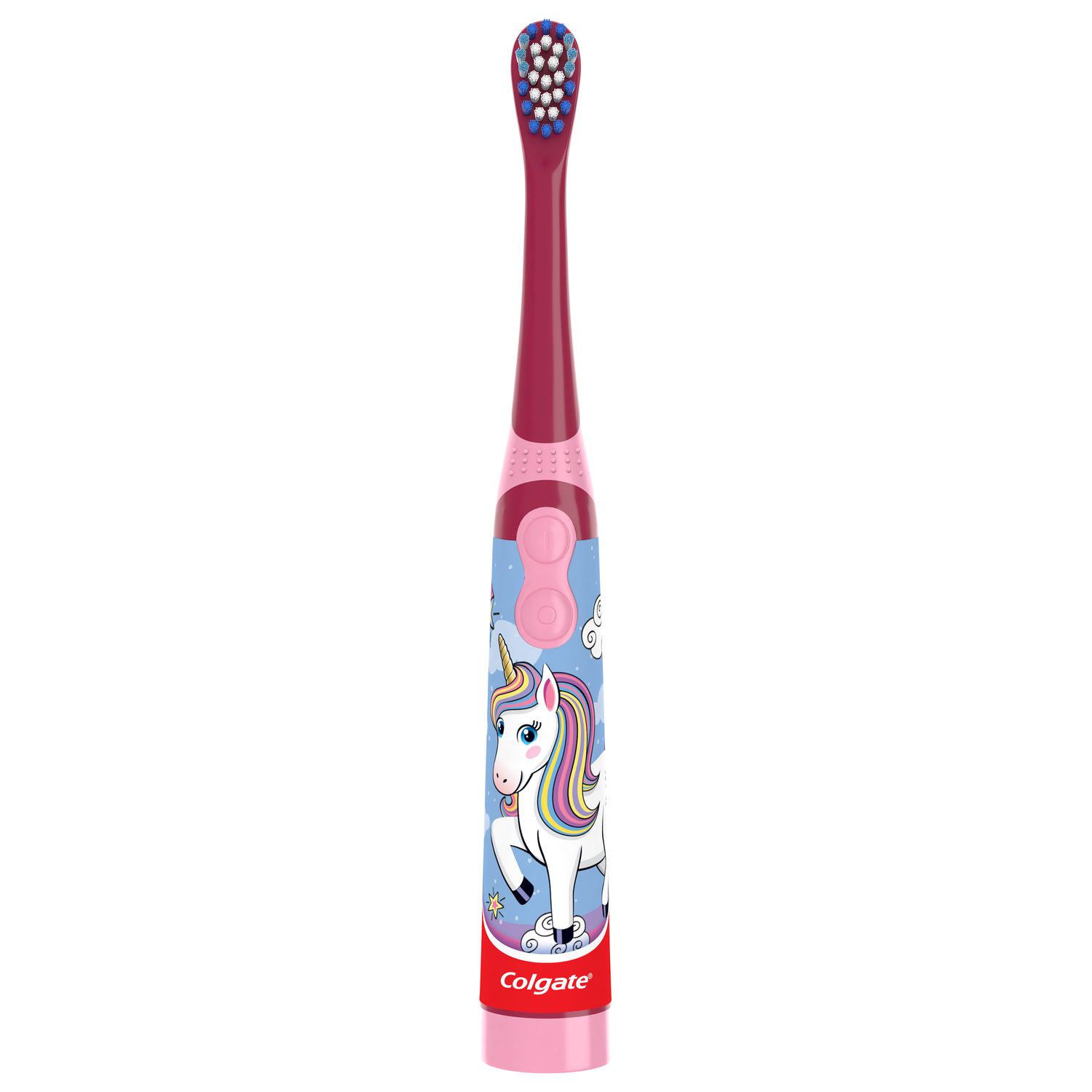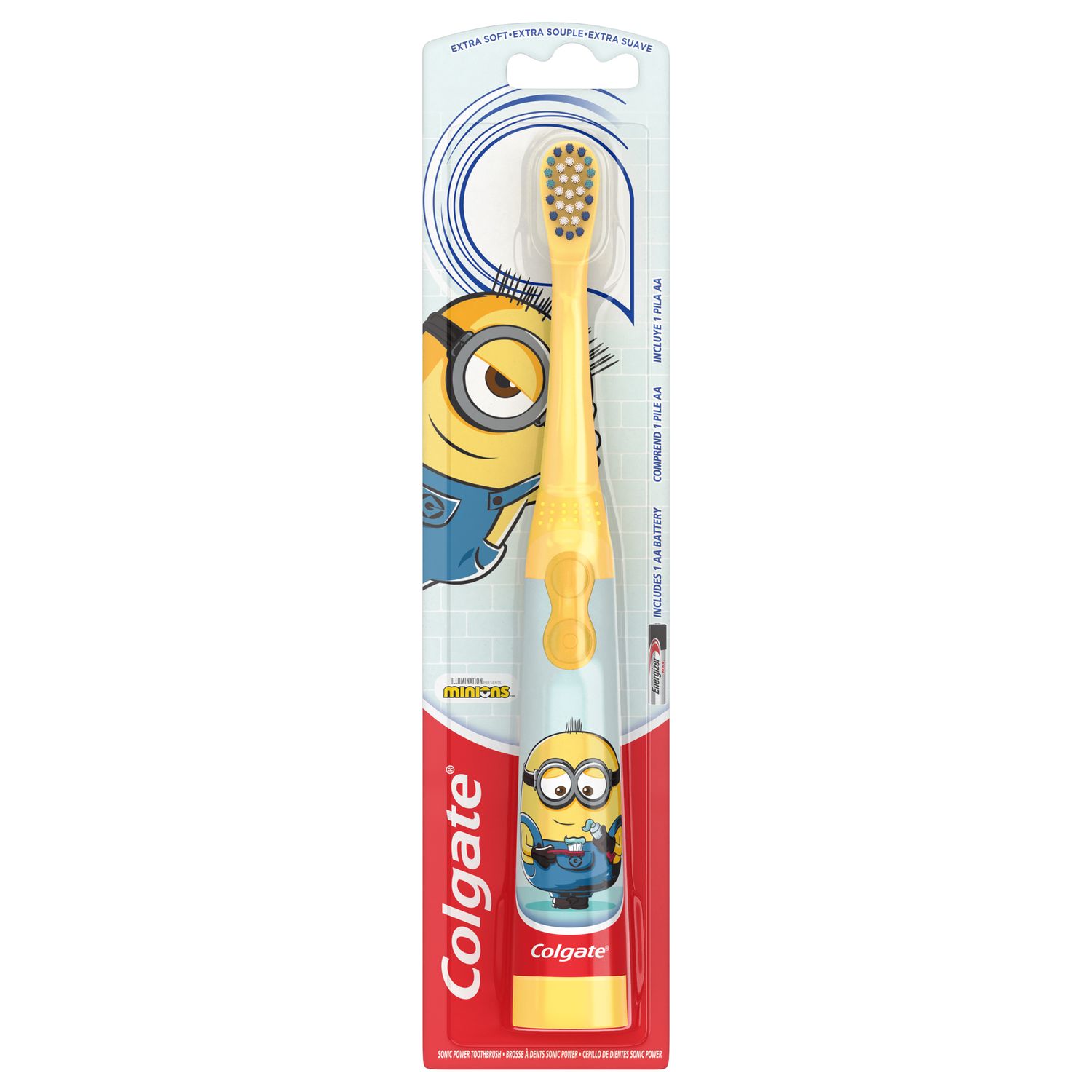What Causes Bad Breath in Children?
Several factors could contribute to bad breath. Here are several of the most common causes:
- Poor oral hygiene. If your child doesn't clean their teeth thoroughly or frequently, bad breath can result. If plaque is not brushed away, it can irritate the gums, causing additional issues.
- Dry mouth. Saliva helps to cleanse the mouth. When your child's mouth produces less saliva than usual, xerostomia — dry mouth — may occur, contributing to bad breath.
- Mouth breathing. When a child breathes through their mouth (due to a stuffy nose or as a sleep habit), it prevents saliva from washing away bacteria, leading to bad breath.
- Bacteria on the tongue. The tongue can also harbor bacteria that produce foul odors and bad breath, so ensure your child cleans their tongue as well.
- Infections in the mouth. Cavities, plaque buildup, mouth sores, or oral surgery can also contribute to bad breath. This is just one reason why seeking professional dental treatment is important if your child develops these issues.
- A foreign object. Sometimes a baby or toddler will place a foreign item (tiny toys, food, etc.) in their nose. A foreign object lodged in the nose can cause bad breath in children.
- Certain foods. If your child consumes foods with a strong odor, like garlic, onions, or specific spices, it can impact the breath.
- Medications. Sometimes, the way medication breaks down in the body can lead to bad breath. This process releases chemicals that may result in bad breath.
- An illness or condition. Allergies, a sinus infection, tonsillitis, or another condition can cause bad breath too.
Consequences of Bad Breath in Children
If your child’s bad breath is persistent, it may lead to bigger problems if left untreated. This depends on what’s causing the odor. If the bad breath is from a buildup of plaque bacteria, this can lead to cavities and gum disease. Sinusitis and tonsilitis can also cause bad breath and may become chronic. Depending on the severity of the infection, it may require antibiotics.
If the root cause of bad breath is a foreign object trapped in your child’s nasal passage, it can be dangerous. There is a chance it can cause swelling and irritate the mucous membrane. According to the National Institutes of Health, these foreign bodies tend to turn into hard objects due to the accumulation of minerals and become a “rhinolith” which causes more harm. Another concern is that the object may suddenly dislodge and go into your child’s throat. Underlying medical conditions such as diabetes may also cause persistent bad breath in children. Ensure good oral hygiene practices are in place for your child. If bad breath continues to be an issue, you may want to take your child to the doctor to investigate the root cause.
How to Avoid Bad Breath
Healthy teeth are integral to a child's overall health and well-being. You can help your child avoid bad breath by developing an oral care routine.
- Have your child brush twice a day with a pea-sized amount of ADA-accepted fluoride toothpaste to promote fresh breath. Always remember to supervise young children so they do not swallow the toothpaste.
- When your child brushes their teeth, make sure they also clean their tongue, as bacteria can collect and grow on the tongue.
- Clean between their teeth with floss, a flosser, or an interdental brush to remove odor-causing food particles from the teeth.
- The best kids' toothpaste for bad breath is one made for their size.
- Replace your child's toothbrush every few months because worn bristles cannot effectively remove plaque and debris from the teeth.
- Avoid halitosis and other oral health concerns by scheduling regular checkups and professional cleanings with a dentist.
Chronic Bad Breath
Most of the time, your child's bad breath will go away once you implement better oral hygiene. However, some children may experience chronic bad breath. If their dentist eliminates oral issues, you may be referred to a primary care physician for additional tests to diagnose the underlying cause of halitosis.
Many of these causes of bad breath are temporary. Regardless of the cause of bad breath, teaching children how to form good dental care habits at an early age is vital for their oral health and overall health.
FAQ
What are some common causes of bad breath in children?
Common causes of bad breath in children include poor oral hygiene, odorous foods, illness, medication, mouth breathing, and cavities. Gerd or acid reflux which is common in babies can also affect toddlers and cause bad breath. Sometimes, a foreign object in the nose is responsible.
How does poor oral hygiene contribute to bad breath in children?
Poor oral hygiene causes trapped food and debris to create plaque bacteria in the mouth and on the tongue causing bad breath.
Can certain foods lead to bad breath in children?
As with adults, certain foods such as garlic, onions, and spices, can contribute to bad breath in children.
What role does dry mouth play in causing bad breath in children?
Saliva helps cleanse your mouth, removing particles that cause unpleasant odors. According to the Mayo Clinic, a condition called dry mouth or xerostomia (zeer-o-STOE-me-uh) can contribute to bad breath. Dry mouth naturally occurs during sleep, leading to "morning breath." It gets worse if you sleep with your mouth open. Young children often breathe through their mouths which can contribute to dry mouth and cause bad breath.
What are the potential consequences of untreated bad breath in children?
Bad breath caused by poor oral hygiene can lead to cavities. If illness is responsible for bad breath and isn’t untreated it may result in chronic infection or complications. If you are unaware that your child’s bad breath is the result of a foreign object trapped in their nose, this can become more serious. This is why it’s important to address the root cause of bad breath in children and supervise your child’s oral care.
Oral Care Center articles are reviewed by an oral health medical professional. This information is for educational purposes only. This content is not intended to be a substitute for professional medical advice, diagnosis or treatment. Always seek the advice of your dentist, physician or other qualified healthcare provider.
ORAL HEALTH QUIZ
What's behind your smile?
Take our Oral Health assessment to get the most from your oral care routine
ORAL HEALTH QUIZ
What's behind your smile?
Take our Oral Health assessment to get the most from your oral care routine














